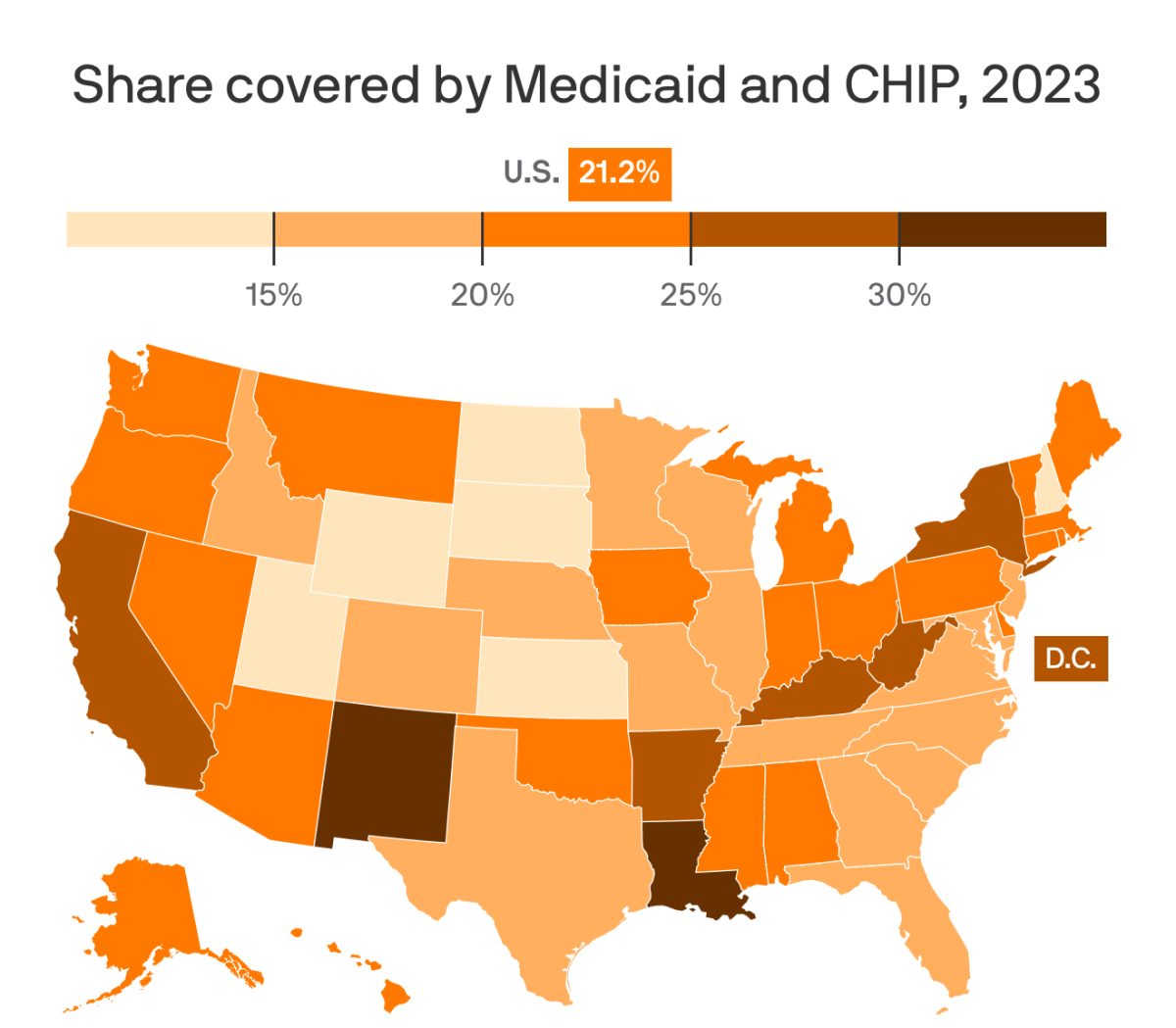N.C. A&T announced that for the 2023-2024 academic school year, there will be an increase in tuition and fees. To help inform students on the upcoming changes, the Student Government Association (SGA) held a forum about all the changes involving tuition.
While this affects students as a whole, it primarily affects out of state students. N.C. A&T is on the more expensive side in comparison to other HBCUs when it comes to out-of-state tuition. Out-of-state students have to pay around 34k a year.
On the contrary, with this comes some benefits such as the ability to get into all on campus athletic games for free, an abundance of free merchandise and food during events, and most recently free iPads.
Although the perks are great, the raise in tuition has caused some confusion among students. Many question the increase in tuition when students have raised concerns over other pressing issues on campus such as the hours of the dining halls and updating some of the older residence halls.
“I think that they are putting money into places and things that should not have extra money going into,” said Alexis Mack, freshman criminal justice student. “They should use money to build new dorms and upgrade them, instead of trying to provide breakfast at Chick-Fil-A.”
The increase in tuition was broken down at the open forum. Ellington King, the SGA Executive Treasurer, posted a video breaking it down for anyone that missed it.
In-state tuition will not be raised, but out-of-state tuition will be increased due to not paying taxes in this state. In-state students have been paying taxes that in turn fund public schools. Since out-of-state students never paid those taxes their tuition will be greater and maybe influx.
Many miscellaneous fees and one mandatory fee will be increased as well due to inflation and necessary upgrades. The education and technology, meal plans, housing fees, and apartment fees will increase. In addition to this, housing and apartment fees will be increasing for increased security, counseling services, and building maintenance.
Although meal plans are increasing, students’ concerns about the dining hall hours are not being addressed.
“I feel like if you are going to increase the tuition for something, you should definitely listen to students who may have certain concerns,” said Phillip Smith, junior mechanical engineering student.
Students are paying for meal plans with the expectation that they will be able to use their swipes but are unable to because of the time of their class, but they are about to start paying even more money for more swipes they will not be able to use.
Another big change is that all students will have to start paying for books next semester. Students will have to pay $20 per credit hour. For full time students they will have to pay a minimum of $240 a semester because of the need to have 12 credit hours to be full time.
With most curriculums, students take 15 to 16 credits a semester. A student on track would have to pay an additional $300-$320 a semester, $600-$640 a year.
“I do not like [paying for books] especially because in quite a few of my classes I don’t have to use the book,” said Julian Hunter, freshman mechanical engineering student. “Only a few of my classes have even taken advantage of the book [and] I got a book for a class I’m not even taking.”
The lack of usage of the textbook is quite common in certain classes. The new program is an opt-out program so you will be automatically enrolled and can choose to leave the program if you choose.
With the increases in tuition and the new book program some students may be seeing an increase of nearly $1,000 next school year.
It’s safe to say that out-of-state students are not satisfied with the increase in tuition and students will only get more upset with how the funding is being distributed throughout the campus.







